$4.3M in Grants to 36 Legal Services Programs Underscore Role of Tech in Driving Access to Justice
LawSites
NOVEMBER 30, 2021
Recently, the LSC announced its TIG grants for 2021, awarding $4,268,938 to 36 programs at 29 legal services organizations in 23 states and the District of Columbia. Here is the complete list of 2021 TIG grants: Alaska .

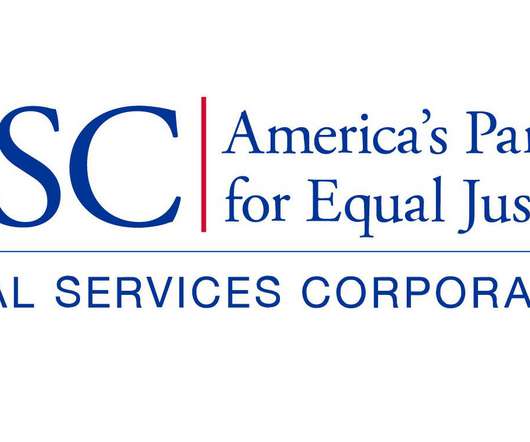
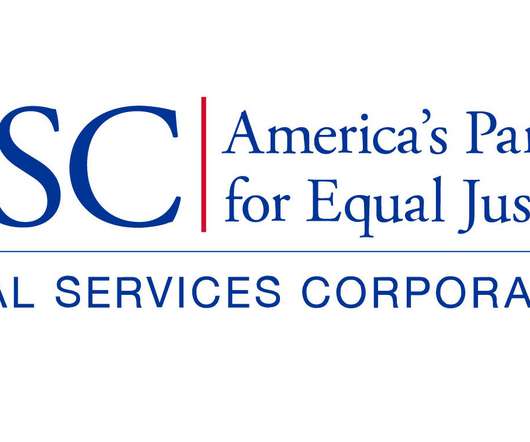
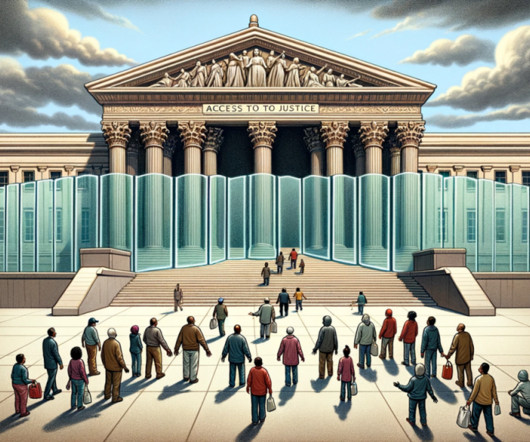
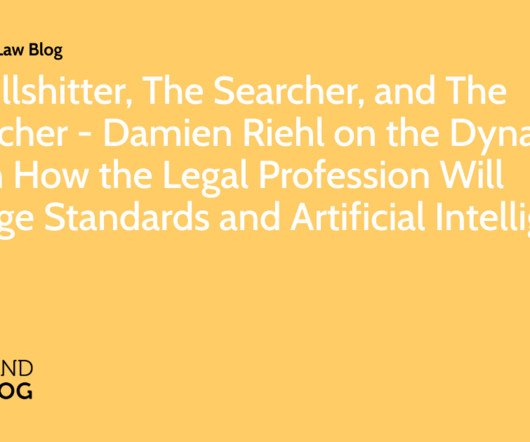
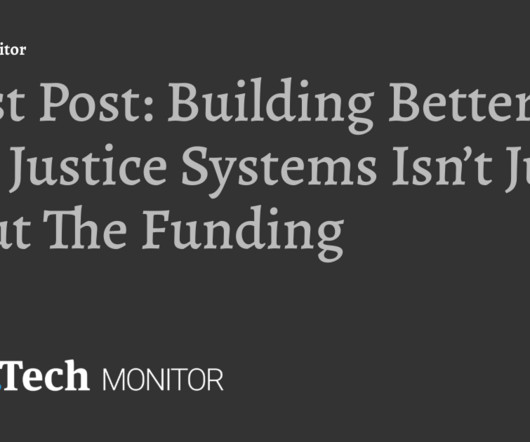






Let's personalize your content